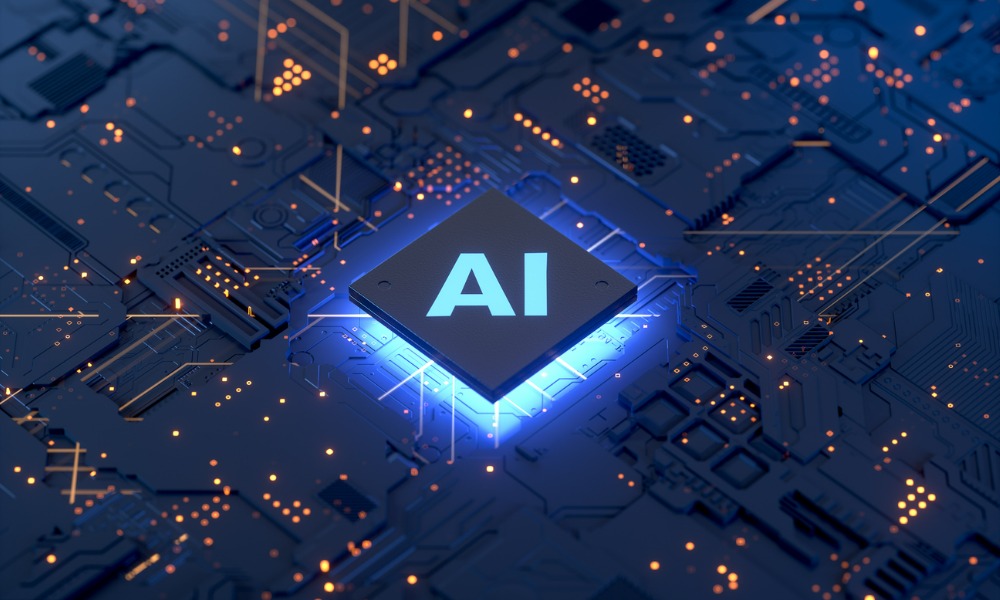
Global consulting firm rolls out guidelines, principles around use of tech for 30,000 employees

Employees of global consulting firm McKinsey and Company have been given permission to use generative artificial intelligence (AI), including ChatGPT, in the workplace, according to a report.
"About half of [our employees] are using those services with McKinsey's permission," said Ben Ellencweig, senior partner and global leader of McKinsey's AI consulting arm QuantumBlack, according to Venture Beat.
The organization has more than 30,000 employees in 67 countries.
Ellencweig, however, clarified that the firm has rolled out guidelines and principles of generative AI use, which includes a prohibition on uploading confidential information on such services.
The revelation adds McKinsey to the list of employers around the world embracing generative AI and the assistance they offer to workplaces.
Recently, Japan-based firm Daiwa Securities Group also allowed around 9,000 employees to use ChatGPT in workplaces to ease the burden imposed by routine tasks.
The reports come amid growing acceptance on generative AI among employees across the world. In fact, findings from automatica revealed that employees in the United States (63%), Japan (76%), and China (87%) want ChatGPT to help them in workplace decision-making.
In McKinsey's case, they did not disclose what they use generative AI for, but they noted that their tech staff "have them all in a sandbox, [and are] playing with them every day," reported Venture Beat.
Alex Singla, another senior partner and global leader at QuantumBlack, unveiled a five-step approach on how to integrate generative AI in workplaces safely. As reported by Venture Beat, these suggestions include:
The recommendations come as employers around the world get warnings on how generative AI can impact workplaces. For some employers, including Samsung, Amazon, Verizon, among others, they have implemented restrictions on using AI to stamp out potential privacy risks.